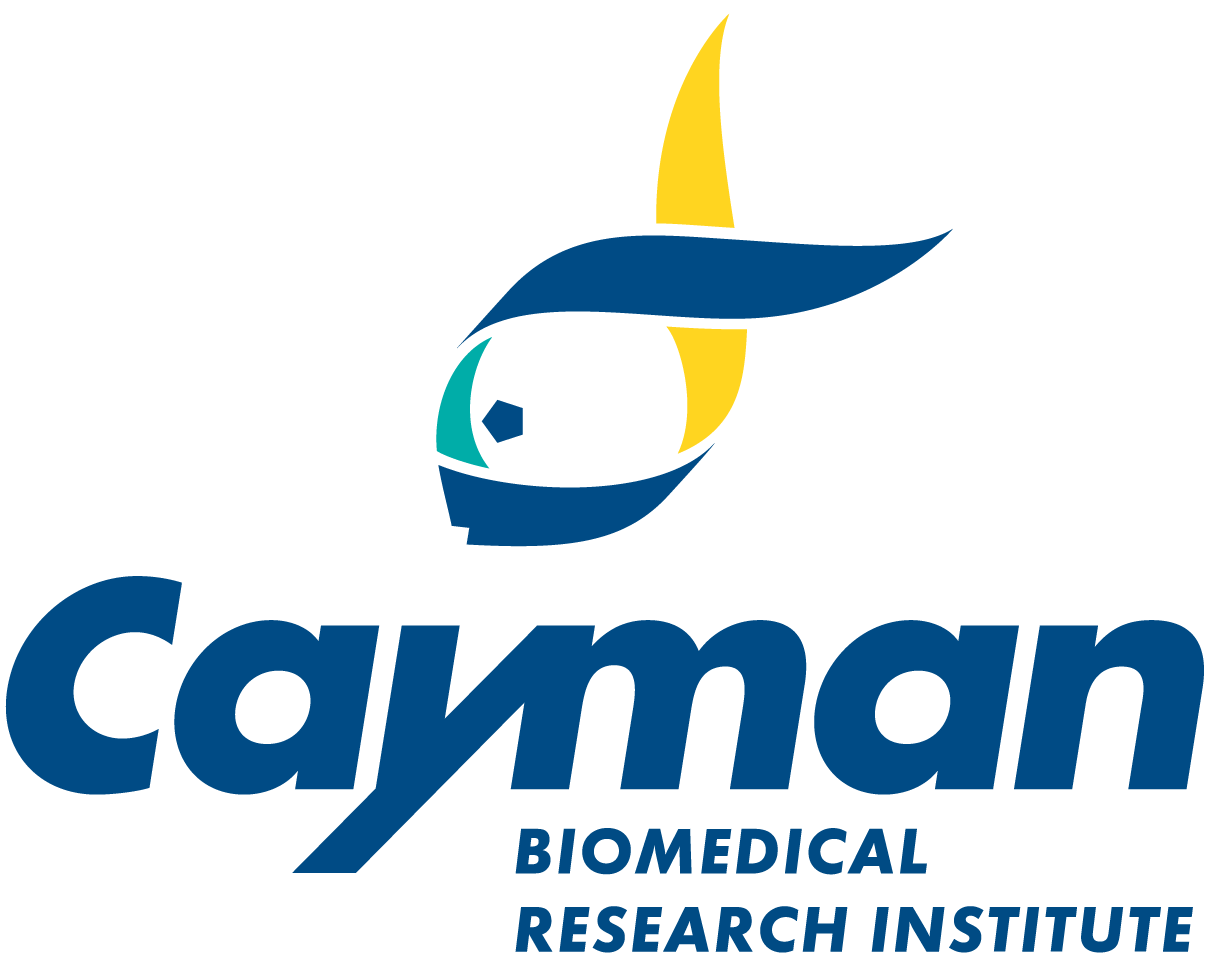ANN ARBOR, MI, October 28, 2019— The Cayman Biomedical Research Institute (CABRI) has awarded Dr. David Aronoff, Addison B. Scoville Jr. Chair in Medicine and Director of the Division of Infectious Diseases at Vanderbilt University Medical Center, a $15,000 grant to study Clostridium septicum infection in a mouse model of myonecrosis (gangrene). Dr. Aronoff’s laboratory will use a Cayman Chemical-developed alpha toxin ELISA to determine whether a sensitive blood test for alpha toxin can be used to detect C. septicum myonecrosis.
While C. septicum is occasionally present within the human intestine, severe infection leading to a high risk of death can occur if the bacterium enters the bloodstream. Upon infection, C. septicum produce alpha toxin, which is thought to be required for causing its virulence. “Our initial experiments will set out to confirm that C. septicum myonecrosis is accompanied by the systemic release of alpha toxin,” explained Dr. Aronoff. “Our goal is to determine an early diagnostic marker in our mouse model that can be quantified using a sensitive ELISA and can translate to the human population.”
“We are proud to support the work of the Aronoff laboratory as they begin to test real-world applications of Cayman’s alpha toxin ELISA that is in development,” added Stephen Barrett, Director on the Board of CABRI and Vice President of Research, Development, and Production at Cayman. “This research is critical, since specific tests are currently lacking to help clinicians make a diagnosis early enough to implement effective treatments.”
CABRI is dedicated to funding research for new treatments for rare diseases. Research grants are offered to principal investigators at academic research institutions who have a plan to extend the clinical or pre-clinical development of its mission. Research grant applications may be submitted at any time during the year by submitting proposals through an online form.
About CABRI
Cayman Biomedical Research Institute (CABRI) is a nonprofit organization which supports research on the rare illnesses and orphan diseases that are often neglected by the corporate pharmaceutical industry and actively pursues new developments that will treat these diseases. To support this endeavor, we offer research grants to specific principal investigators at academic research institutions who have a plan to extend the clinical or pre-clinical development for these diseases as well as undergraduate grants to assist students to obtain experience in laboratories while performing research that aligns with CABRI’s mission. CABRI also provides scholarships to college-bound students who have lost a parent to SNUC (sinonasal undifferentiated carcinoma).
About Cayman Chemical
Cayman Chemical Company helps make research possible by supplying scientists worldwide with biochemical tools used to understand cancer, neurochemistry, oxidative injury, endocrinology, atherosclerosis, and other human health challenges. Our scientists are experts in the synthesis, purification, and characterization of biochemicals ranging from small drug-like heterocycles to complex biolipids, fatty acids, and many others for use as research reagents and qualified standards. We are also highly skilled in all aspects of assay and antibody development, protein expression, crystallization, and structure determination. In addition, we offer a wide range of analytical services using LC-MS/MS, HPLC, GC, and many other techniques. Cayman performs generic drug development and production in both Ann Arbor, Michigan and Neratovice, Czech Republic.
